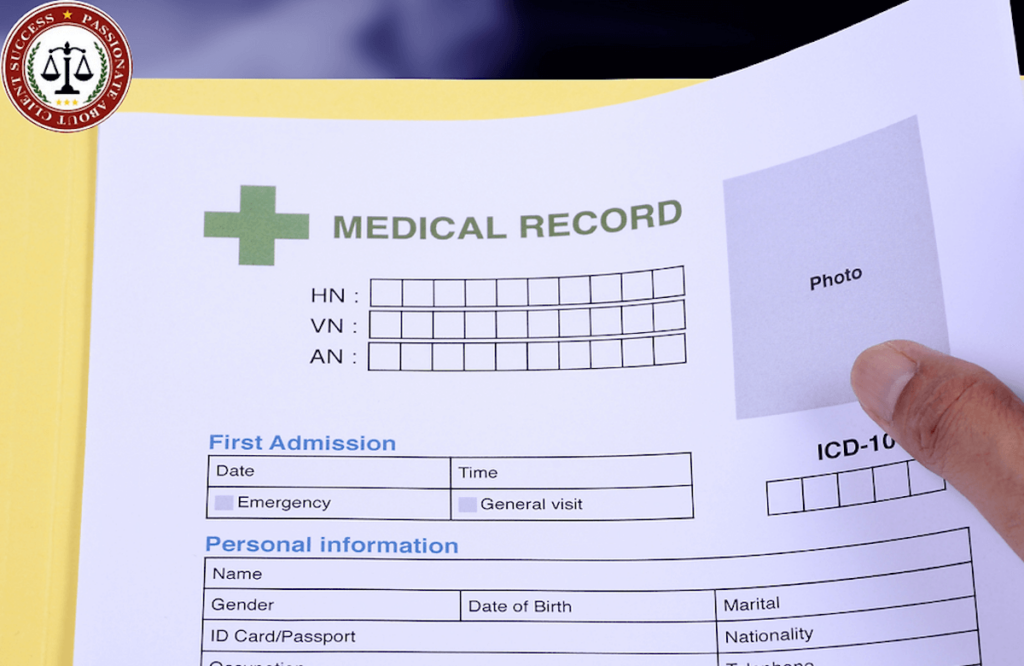The Health Insurance Portability and Accountability Act (HIPAA) enforces strict regulations to protect the privacy and security of protected health information (PHI). Failing to comply with HIPAA requirements can result in severe financial penalties, legal consequences, and loss of reputation. This guide outlines essential considerations for business owners to manage documents securely and maintain HIPAA compliance.
Table of Contents
Understanding HIPAA and Its Relevance in Document Management
HIPAA compliance ensures that organizations handling PHI take steps to protect this information from unauthorized access, alteration, or breaches. This is especially important in industries like healthcare, insurance, and business associates who manage, store, or access PHI as part of their operations.
Small and medium-sized businesses often assume that HIPAA compliance is complex or only relevant for large healthcare institutions. However, any organization handling medical records or health-related information is subject to these regulations. For these businesses, implementing compliant document management processes is essential to protect clients’ privacy and avoid costly penalties.

Key Components of HIPAA-Compliant Document Management
Creating a HIPAA-compliant document management system involves multiple components. Here are some critical areas that business owners should focus on:
1. Secure Document Storage
Ensuring that physical and digital documents containing PHI are stored securely is foundational for HIPAA compliance. Key considerations include:
- Offsite Document Storage: Utilizing a HIPAA-compliant offsite storage facility can enhance security, minimize risks of unauthorized access, and provide controlled access to sensitive records. For instance, services like FileVault’s offsite document storage are designed to meet HIPAA security requirements.
- Access Controls: Limit document access to authorized personnel only. This may involve secure login credentials for digital records and physical restrictions for hard copy files.
- Encryption: Digital records should be encrypted both at rest and during transmission to protect against unauthorized access or potential breaches.
2. Document Scanning and Digitization
For businesses managing a large volume of physical records, document scanning and digitization offer a secure, compliant solution that also streamlines record-keeping. Proper document scanning can:
- Reduce the Risk of Misplaced Documents: Digital records are easier to track and organize compared to physical files.
- Enhance Accessibility: With secure digital storage, authorized staff can access necessary documents without handling physical files, reducing the risk of unauthorized exposure.
When digitizing records, it’s essential to partner with a provider who understands HIPAA requirements. FileVault’s document scanning services offer secure solutions that align with HIPAA guidelines.
3. Regular Records Management Audits
Periodic audits are necessary to identify and address any compliance gaps. Conducting a HIPAA-specific audit within your document management process ensures adherence to privacy rules and security protocols. Records management audits help:
- Verify Access Controls: Confirm that only authorized personnel have access to PHI.
- Identify Compliance Gaps: Detect weaknesses in document storage, management, and disposal procedures.
- Provide Documentation: Demonstrate a commitment to compliance, which can mitigate risks during HIPAA inspections or investigations.
Businesses can benefit from utilizing services such as a records management audit to maintain HIPAA compliance.
4. Secure Document Destruction
When documents containing PHI are no longer needed, they must be destroyed securely to prevent unauthorized access or breaches. Improper disposal can result in significant fines, so following strict disposal methods is essential. HIPAA-compliant document destruction includes:
- Onsite and Offsite Shredding: HIPAA-compliant shredding services ensure that all documents are shredded according to regulatory standards. For example, FileVault’s offsite shredding services provide secure document destruction and offer a Certificate of Destruction, verifying compliance.
- Electronic Data Destruction: For digital records, ensure that files are completely erased using secure data-wiping methods or physical destruction for hard drives.
Establishing HIPAA-Compliant Policies and Training
Having robust document management policies and ensuring all employees are HIPAA-compliant is a critical step in securing PHI. Small and medium business owners should focus on the following areas:
- Develop Clear Policies: Create policies detailing how PHI is stored, accessed, and destroyed. Clearly outline procedures for authorized access and document retrieval.
- Employee Training: Regularly train employees on HIPAA compliance, particularly around the handling of PHI and recognizing potential breaches. Employees should be aware of how to properly handle and dispose of sensitive information.
- Incident Response Plan: In the event of a data breach or security incident, an incident response plan can help contain damage and mitigate legal consequences. This plan should include procedures for reporting breaches, notifying affected parties, and resolving vulnerabilities.
Staying Updated on HIPAA Regulations
HIPAA regulations evolve as new risks emerge, especially with advancements in digital security threats. It’s essential for business owners to stay informed about regulatory changes and updates to compliance guidelines. Resources such as the U.S. Department of Health and Human Services website offer updates on compliance requirements and best practices.
Conclusion
Maintaining HIPAA compliance in document management is an ongoing responsibility for small and medium businesses handling PHI. By implementing secure storage, digitization, regular audits, compliant document destruction, and robust training, business owners can protect sensitive information while minimizing compliance risks. Leveraging services that specialize in HIPAA-compliant solutions, like those offered by FileVault, helps ensure that your document management practices align with regulatory standards, protecting your business and your clients’ privacy.
To further explore HIPAA-compliant solutions, consider FileVault’s comprehensive records management services that can support your organization’s compliance efforts. With a proactive approach, your business can effectively manage PHI while adhering to HIPAA requirements.
